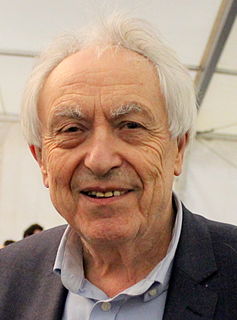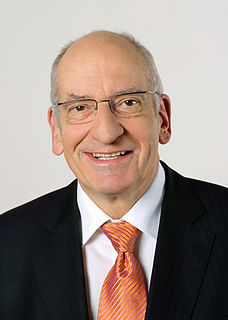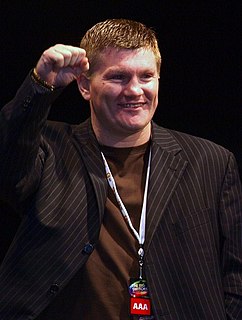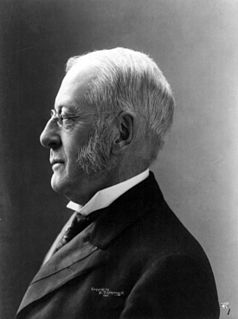A Quote by Russell M. Nelson
As a medical doctor, I have known the face of adversity. I have seen much of death and dying, suffering and sorrow. I also remember the plight of students overwhelmed by their studies and of those striving to learn a foreign language. And I recall the fatigue and frustration felt by young parents with children in need.
Related Quotes
Everyone is used to speaking a slightly different "language" with their parents than with their peers, because spoken language changes every generation - like they say, the past is a foreign country - but I think this is intensified for children whose parents also grew up in a geographically foreign country.
Sarah Buckley is precious, because she is bilingual. She can speak the language of a mother who gave birth to her four children at home. She can also speak like a medical doctor. By intermingling the language of the heart and the scientific language she is driving the history of childbirth towards a radical and inspiring new direction.
The time-use studies also show that employed women spend as much time as nonworking women in direct interactions with their children. Employed mothers spend as much time as those at home reading to and playing with their young children, although they do not, of course, spend as much time simply in the same room or house with the children.
If you look at figures, we have a good supply of doctors in Switzerland. They always say that in the future we shall have a lack of home doctors, family doctors. I'm not sure of that, but we have a problem of formation. Every year there [are] about 1,000 students beginning medical studies, and at the end of the formation there are only 600 young people getting the diploma. It means that about 40 percent of the students fail during the studies, although there is a selection at the beginning. Forty percent is too much as failure, so probably there is a problem in the formation, education.
If children are hungry, they need to be fed. It's hard to learn if your stomach is growling. We need to take that on. If students can't see the blackboard, need eyeglasses, we need to do that. If students need a social worker or counselor to work through the challenges they're facing at home in the community, we need to do that.
In the field of medicine, if you're sick you need a doctor. A doctor has already studied how to deal with your ailments, and human beings are imperfect. There any many ailments of the psyche and the soul that need to be treated, and the serious murshid, or spiritual master, is also really a doctor of the soul: a person who can heal the wounds of the soul in the same way as a medical doctor takes care of our physical problems.
The students of biodiversity, the ones we most need in science today, have an enormous task ahead of molecular biology and the medical scientists. Studying model species is a great idea, but we need to combine that with biodiversity studies and have those properly supported because of the contribution they can make to conservation biology, to agrobiology, to the attainment of a sustainable world.
Although we like to think of young children's lives as free of troubles, they are in fact filled with disappointment and frustration. Children wish for so much, but can arrange so little of their own lives, which are so often dominated by adults without sympathy for the children's priorities. That is why children have a much greater need for daydreams than adults do. And because their lives have been relatively limited they have a greater need for material from which to form daydreams.






































